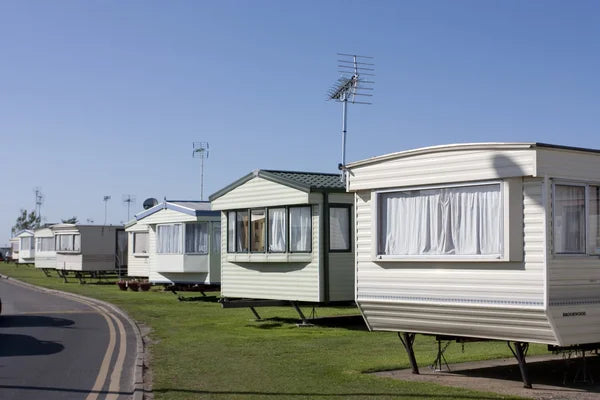
Window Tinting Laws for Park Homes Explained
When considering window tinting for your park home, it’s essential to understand the legal guidelines governing the use of tinted films. These laws are designed to ensure safety and visibility, and they vary by region. Here’s a comprehensive overview of what you need to know about window tinting laws specifically for park homes.
Understanding Window Tinting Regulations
In the UK, window tinting regulations are primarily concerned with ensuring that drivers and pedestrians maintain clear visibility. While these laws predominantly target vehicles, similar principles apply to residential properties, including park homes. The primary focus is on safety—both for the occupants and for others in the vicinity.
Legal Limitations on Tint Darkness
Most regulations stipulate the amount of light that must pass through tinted windows. In general, the front windscreen of any vehicle must allow at least 75% of light to pass through, while front side windows should permit a minimum of 70%. For park homes, similar considerations should be made, especially if windows are positioned in a way that might obstruct visibility.
For other windows, particularly those that are not directly in line of sight, regulations tend to be more lenient. However, it is crucial to ensure that any tinting does not pose a safety risk. The darker the tint, the more likely it is to obstruct views, which could lead to legal issues or penalties.
Local Authority Guidelines
It’s important to check with your local council or authority regarding specific regulations for park homes. Local guidelines can vary significantly, and what is acceptable in one area may not be permitted in another. Most councils will provide clear guidance on what is allowed, including any necessary permits or applications.
Installation Standards
In addition to the darkness of the tint, there are often regulations regarding the quality of the materials used. Tints must comply with safety standards to prevent shattering and to provide adequate UV protection. High-quality films that adhere to these standards are advisable, as they not only meet legal requirements but also offer better durability and effectiveness.
Exemptions and Special Cases
Certain situations may warrant exemptions from standard tinting regulations. For instance, if you have specific medical needs that require additional privacy or protection from sunlight, you may qualify for a waiver. In these cases, documentation from a healthcare professional may be required to support your application.
Penalties for Non-Compliance
Failure to adhere to window tinting laws can lead to fines and legal repercussions. If local authorities determine that your window tints are too dark or do not comply with safety standards, you may be ordered to remove them. It’s vital to stay informed and ensure that your park home complies with the law to avoid unnecessary complications.
The Benefits of Professional Installation
Given the complexities involved in navigating window tinting laws, many homeowners opt for professional installation. Experts in the field are well-versed in local regulations and can provide guidance on selecting the appropriate film. They ensure that your installation meets legal standards while delivering optimal performance.
Conclusion
Understanding window tinting laws for park homes is crucial for maintaining both safety and legal compliance. By familiarizing yourself with local regulations and investing in quality materials, you can enjoy the numerous benefits of window tinting without the hassle of legal issues. For those seeking expert assistance or high-quality window tinting solutions, Window Tint Company is a reliable resource. For more information, feel free to contact us at info@windowtintcompany.co.uk or call +4473 9500 9701.
By staying informed and following the guidelines, you can enhance your park home with stylish and compliant window tints.
